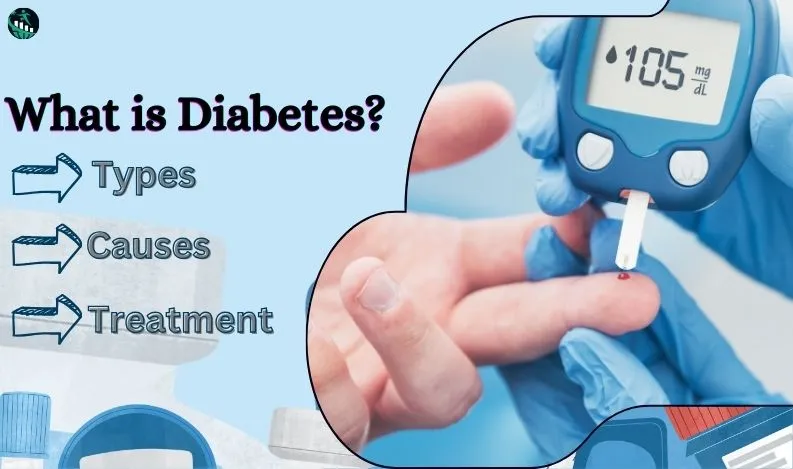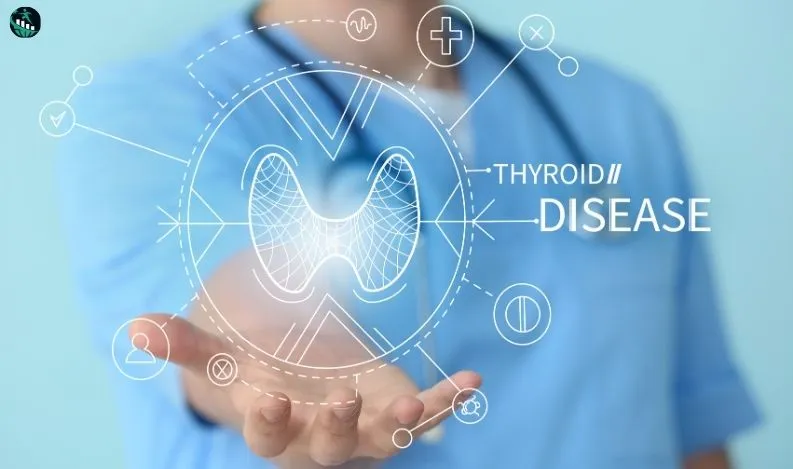
What is Diabetes? Treatment, Types & Cause
Diabetes is a chronic metabolic disorder characterized by elevated levels of blood sugar (glucose) over a prolonged period. This condition results from either the pancreas not producing enough insulin or the body cells not responding properly to the insulin produced. There are several types of diabetes, with the most common being Type 1 and Type 2 diabetes.
Types of Diabetes:
Type 1 Diabetes: This type of diabetes is an autoimmune disease where the immune system attacks and destroys the insulin-producing beta cells in the pancreas. This leads to a lack of insulin production, requiring daily insulin injections for survival.
Type 2 Diabetes: Type 2 diabetes is the most common form of diabetes, accounting for around 90% of cases worldwide. It usually develops in adults but can occur at any age. In this type of diabetes, the body becomes resistant to insulin or doesn't produce enough insulin to maintain normal blood sugar levels.
Gestational Diabetes: This type of diabetes occurs during pregnancy and usually resolves after giving birth. However, women who have had gestational diabetes have a higher risk of developing Type 2 diabetes later in life.
Other Types: Other less common types of diabetes include monogenic diabetes, which is caused by a mutation in a single gene, and cystic fibrosis-related diabetes, which is a form of diabetes that occurs in people with cystic fibrosis.
Causes of Diabetes:
The exact cause of diabetes is not fully understood, but several factors may contribute to its development. These include:
Genetics: Family history of diabetes can increase the risk of developing the condition.
Obesity: Excess body weight, especially around the abdomen, is a significant risk factor for Type 2 diabetes.
Lifestyle Factors: Lack of physical activity, unhealthy diet, and smoking can increase the risk of developing diabetes.
Insulin Resistance: This occurs when the body's cells become resistant to the effects of insulin, leading to high blood sugar levels.
Diabetes Treatment:
The goal of diabetes treatment is to keep blood sugar levels as close to normal as possible to prevent complications. Treatment strategies include:
Lifestyle Changes: Eating a healthy diet, maintaining a healthy weight, and regular physical activity can help manage Type 2 diabetes.
Medications: For Type 2 diabetes, oral medications, insulin, or other injectable medications may be prescribed to help control blood sugar levels.
Monitoring Blood Sugar Levels: Regular monitoring of blood sugar levels is essential for managing diabetes effectively.
Complications Management: Managing complications such as high blood pressure, high cholesterol, and kidney disease is important for people with diabetes.
FAQs:
What is diabetes causes and types?
Diabetes is caused by a combination of genetic and lifestyle factors. The main types of diabetes are Type 1 and Type 2 diabetes.
What are 5 treatments for diabetes?
Treatments for diabetes include medications, lifestyle changes, insulin therapy, and complications management.
How is type 2 diabetes caused and treated?
Type 2 diabetes is caused by insulin resistance or insufficient insulin production. It can be treated with lifestyle changes, medications, and insulin therapy if necessary.
What is type 1 and type 2 diabetes?
Type 1 diabetes is an autoimmune condition where the body attacks insulin-producing cells. Type 2 diabetes is characterized by insulin resistance or insufficient insulin production.
What are 5 causes of diabetes?
Genetics, obesity, poor diet, lack of physical activity, and other factors such as age and ethnicity can contribute to the development of diabetes.
In conclusion, diabetes is a serious health condition that requires lifelong management. Understanding the types, causes, and treatment options for diabetes can help individuals with diabetes lead healthier lives. It is essential to work closely with healthcare professionals to develop a personalized treatment plan that meets individual needs and helps manage blood sugar levels effectively.








Recent Comments: